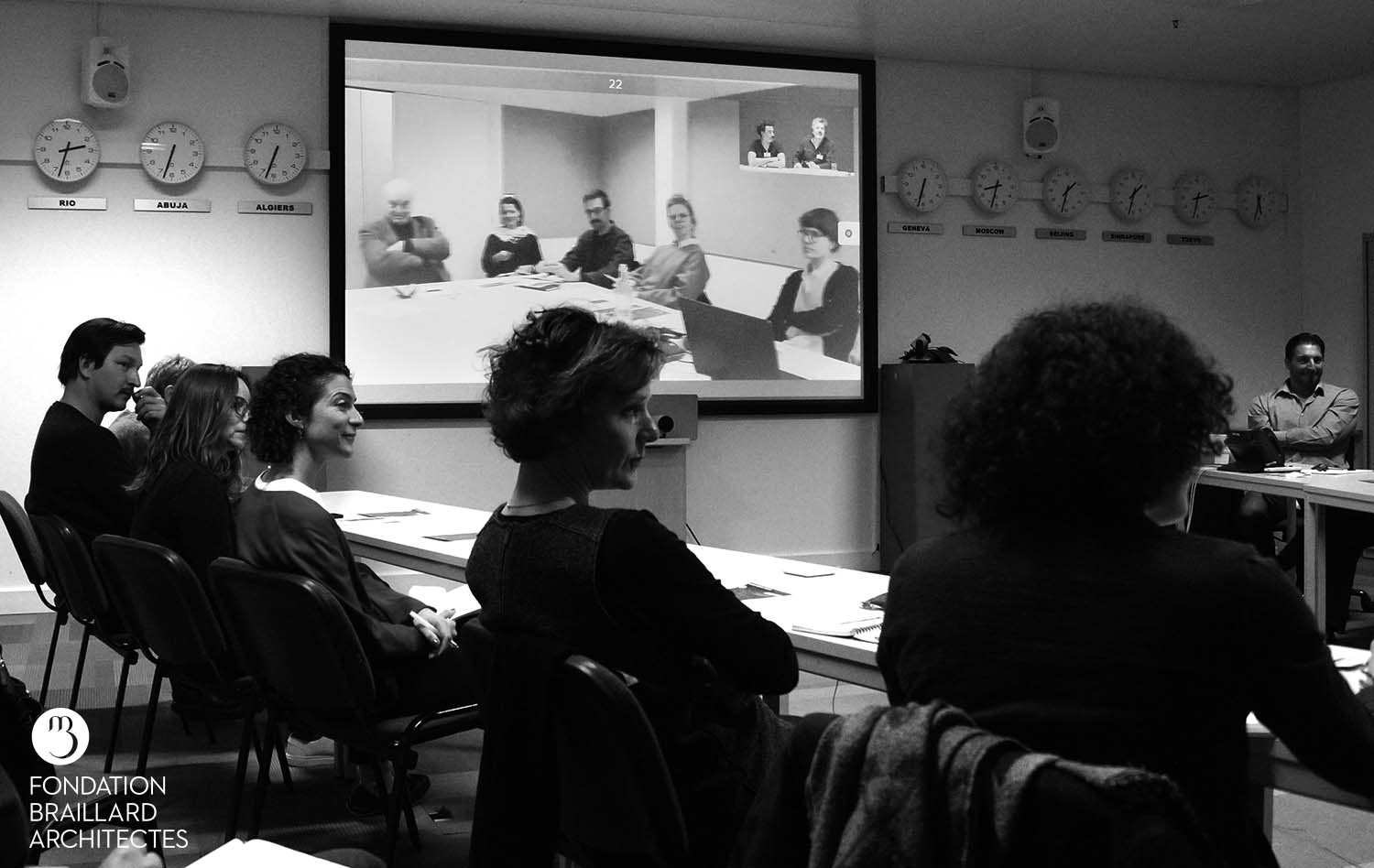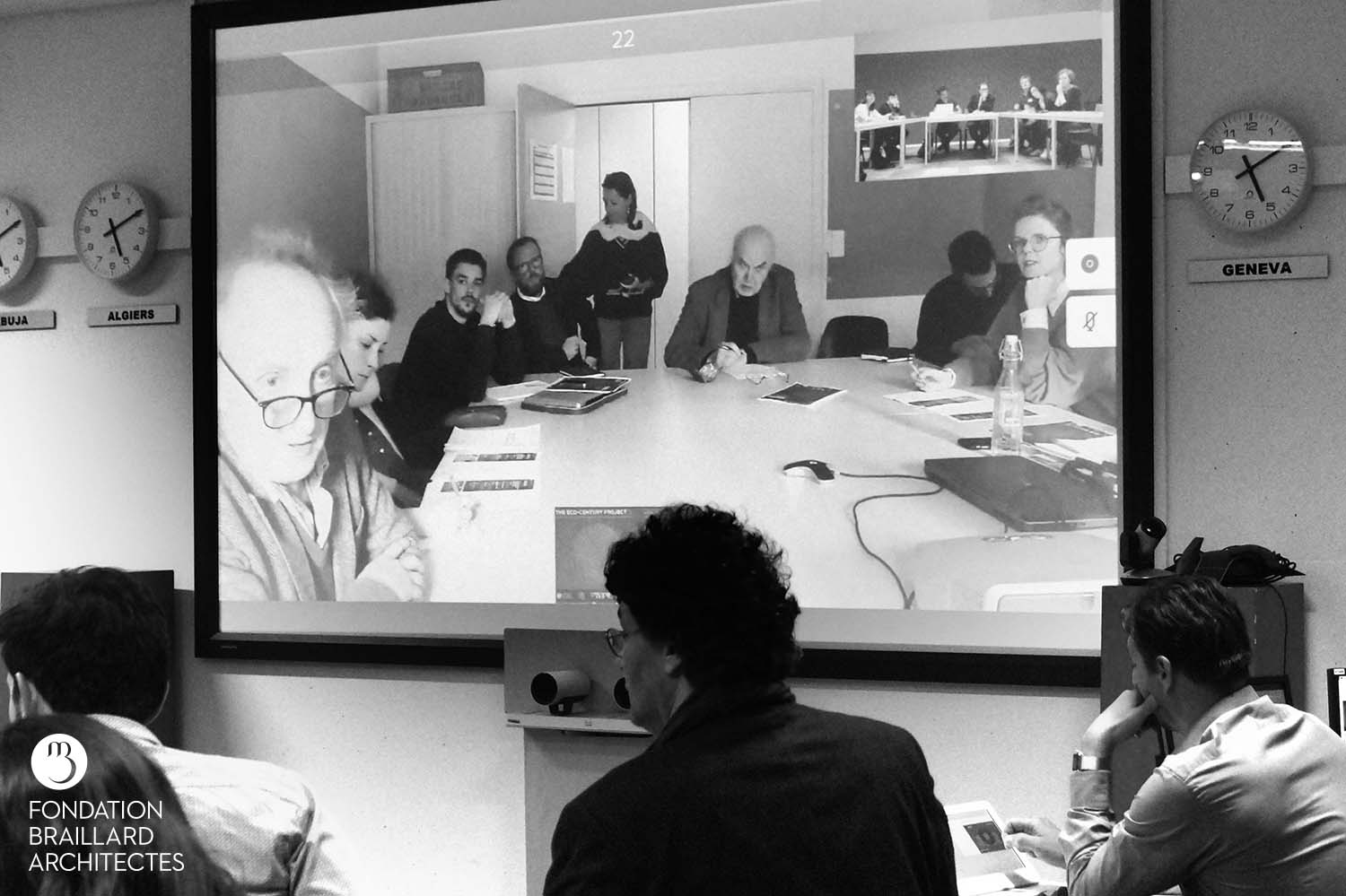The third places of social economy
In Brussels, Geneva and elsewhere, there is a proliferation of a new generation of shared spaces (co-workings, fablabs, collaborative workshops, etc.). Listed under the name “third places”, these spaces are intermediate collective spaces, neither entirely public nor entirely private, which promote individuation and characterise specific temporalities and sociabilities.
As a spatial and biodiversity resource, the third place brings together a certain number of conditions of informality, openness, flexibility, viability, conviviality and accessibility which make it both an identifiable part (patch) in the urban ecosystem and a hub that can contribute to the structuring of networks and the production of new proximities at different socio-spatial scales.
As a socio-political resource, the third place appears as a figure capable of associating three contrasting dimensions of a productive city: that of the new economy, centered on the promotion of new technologies, the creation and production of intangible goods and services; that of craftsmanship, focused on the creation and manufacture of material goods; and that of the social economy, understood as an economy whose value system is based on the quality and strengthening of social ties. The expression ‘third places’ actually refers to the idea of a third sector and to a political economy structured around the notions of common good, open source, solidarity, cooperation and mutualisation. In its ability to unite an audience around a socio-cultural programme, this figure also generates new forms of relationship between habitat and work within the walkable city..
What figures of the third places can be observed in Brussels and Geneva? How do third places form an ecosystem? How do they fit into existing (eco)systems? To what extent do social economy projects contribute or not to the transition of the economic system towards its ecosystem version? What methods should be mobilised to represent this transition?
Programme
Case study 1
SINGULARITIES OF THE THIRD PLACES OF THE ECONOMY IN BRUSSELS. RECYCLART, ZINNEKE, LA VALLÉE.
- Marine Declève, art historian, urban planner, Metrolab Brussels, PhD student EPFL
- Chloé Salembier, anthropologist, professor CULouvain
Case study 2
THE EXPERIENCE OF “URBAN RESOURCES”
- Matthias Solenthaler, political scientist, co-founder of the Urban Resources cooperative
Respondent
-
- Luca Pattaroni, doctor of sociology, lecturer, researcher, EPFL





